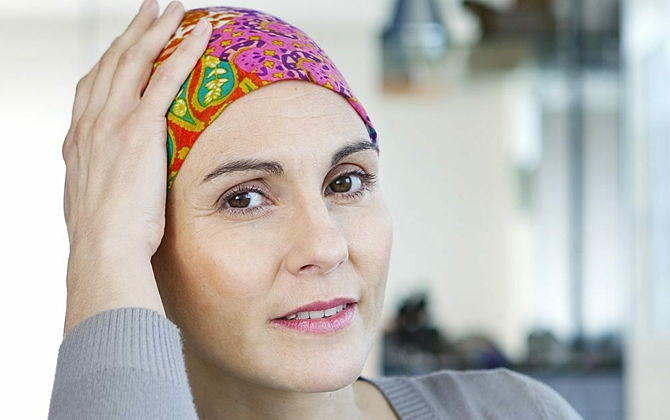Jump to
Prof David Goldstein (UNSW), Dr Susanna Park (U Sydney), Dr Matt McCrary (UNSW), Dr Jasmine Menant, Dr Carole Harris (UNSW), A/Prof David Simar (UNSW)
This randomised-controlled trial led by Professor David Goldstein (Director of the Translational Cancer Research Network, UNSW) and Dr Susanna Park (U Sydney) and funded by a CAG Seed Grant from UNSW, aims to investigate the benefits and mechanisms of exercise rehabilitation in people with chemotherapy-induced peripheral neuropathy and encompasses physical function assessments, nerve function studies, animal models and quality of life surveys.
Chemotherapy-induced peripheral neuropathy is a common and distressing complication in cancer survivors, leading to reduced quality of life, gait and balance deficits, and increased fall risk. No recommended treatment options for chemotherapy-induced peripheral neuropathy currently exist, although there is emerging evidence demonstrating that exercise may be an effective rehabilitation strategy to improve function and reduce symptom burden in chemotherapy-induced peripheral neuropathy.
The clinical component of the trial aims to investigate the effects of an 8‑week exercise (balance, resistance, aerobic) program (versus usual care) on balance and gait in cancer survivors with chemotherapy-induced peripheral neuropathy.
Cancer survivors with chemotherapy-induced peripheral neuropathy first undertake a comprehensive assessment of chemotherapy-induced peripheral neuropathy symptoms, patients’ motor function and neurophysiologic parameters. They are then randomly allocated to one of two groups: an 8‑week exercise intervention or usual care. Participants are re-assessed immediately following the intervention as well as 6 months later to assess the durability of effects of the intervention.
We hypothesize that the exercise intervention will lead to significant improvements in functional mobility, balance, and gait. Findings from this randomised-controlled trials will determine the merits of exercise as a treatment for cancer survivors with chemotherapy-induced peripheral neuropathy and provide a basis for future
optimisation of exercise treatment for implementation in clinical practice.

